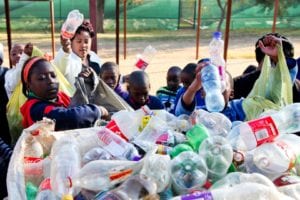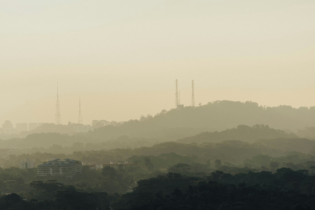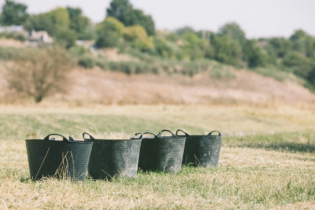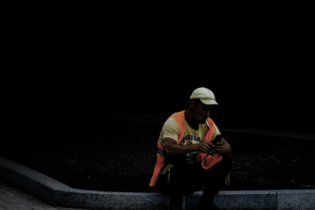The informal recycling sector has experienced significant growth over the years, after all waste is not waste if it has value.
“With recyclables, the value is in the material that can be sold for re-use,” says Edith Leeuta, CEO of Fibre Circle, the producer responsibility organisation for the South African paper and paper packaging sector. In a country with high unemployment and poverty, recycling is a source of income for a growing number of people. Coupled with poor refuse and recycling habits at household level*, the informal collection and trade of recyclables – by the men and women we see hauling trolleys every day – provides a living for an estimated 60 000 to 90 000 people countrywide. Covering significant distances on foot every day, collectors weave through suburbs and cities to retrieve ‘waste’ in return for cash. This material is sorted and sent to recycling mills and factories for conversion into usable and commercially viable products. In the case of paper, the fibre is extracted and repulped to make new paper products such as packaging and tissue.Recycling collectors do not take all recyclables
Some recyclables are like gold for waste collectors, but unfortunately just because it’s recyclable or recycled in South Africa, does not mean a waste collector will take it. “Collectors will understandably only take items they will earn money from, not those they cannot sell or are too heavy to pull over long distances,” says Leeuta. With a bit of kindness and thought about your own refuse habits, you can make their work a little quicker and easier. It is, however, a good idea to find out what your neighbourhood collectors take. (They may only take certain items and this may differ from area to area.)Leeuta shares a list of 10 items that people should keep out of their bins and separate for a waste collector.
- Used office paper
- Brown cardboard boxes
- Food packaging such as cereal, toothpaste, pizza and takeaway boxes (remove food residue)
- Grocery delivery bags and take-away bags
- Milk and juice cartons (depending on the area)
- Plastic milk bottles
- PET soft drink bottles – various sizes
- Fabric softener bottles
- Aluminium soft drink cans
- Tin cans
What to do with other recyclables
GLASS- Take glass bottles and food jars to bottle banks at various community centres.
- Contact The Glass Recycling Company
- Visit the following websites for more information on various plastics that can and cannot be recycled
- Remove plastic tops from bottles and containers for wheelchair initiatives such as Tops and Tags for Wheelchairs.
- Contact EWASA to find your nearest e-waste drop-off centre
Seven golden rules for recycling
- Keep recyclable paper clean and dry. As a raw material used in new paper products, it should not be contaminated by wet and rotting food waste, liquids or pet waste.
- Keep recyclables and food/wet waste separate.
- Get a bin, box or bucket for your recyclables. Recycling containers don’t need to be fancy or expensive.
- Plastic, cans and tins should be rinsed lightly – we suggest using the water after washing dishes to reduce additional water use.
- Get the family involved and make sure everyone knows what is recyclable.
- Put the recyclables out on rubbish day for the collectors.
- Take other recyclables to recycling centres at local shopping or community centres.







